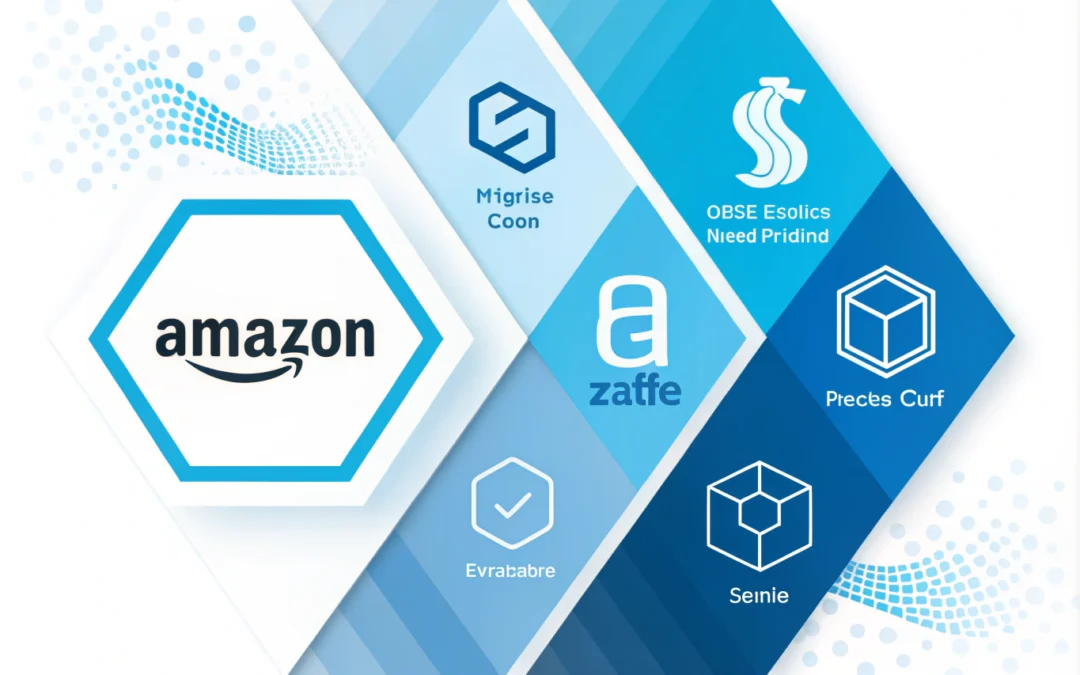Understanding the Amazon Private Label Landscape
As a technology enthusiast and an industry leader, you recognize the significance of strategic business maneuvers in the software realm. When it comes to Amazon’s private label strategy, this is a masterclass in leveraging data-driven insights to enhance market presence. The amazon private label strategy offers valuable lessons for software companies aiming to innovate within their sectors.
Data-Driven Insights: The Core of Amazon’s Strategy
Amazon’s private label success isn’t a matter of chance; it’s a meticulously crafted strategy based on consumer data analysis. As someone who thrives in big tech, you understand the power of data. Amazon uses its vast troves of consumer data to identify trends, preferences, and gaps in the market. This approach allows Amazon to create products that meet consumer needs more accurately than many competitors. Discover how Amazon Basics streamlines these insights in Amazon Basics: Streamlined Software Solutions for Developers.
Implications for Software Companies
Software companies can harness similar strategies by leveraging customer data to identify unmet needs and pain points. By doing so, you can tailor your offerings to provide maximum impact and satisfaction. The key lies in not only collecting data but in deriving actionable insights that drive product development and enhancements.
Brand Diversification: A Key to Growth
Amazon’s private label strategy includes diversifying its product offerings across multiple categories, thereby reducing dependency on any single market segment. This diversification helps stabilize revenue streams and increases market resilience. For software companies, this approach translates to expanding your product line to include complementary software solutions or services that cater to various segments of your audience.
Strategic Expansion
Consider how you can expand your offerings. Perhaps there’s an opportunity to develop a new tool that works alongside your current software, or maybe you can offer additional services that enhance the customer experience. By strategically broadening your product suite, you engage a wider audience and create multiple avenues for revenue growth.
Branding and Consumer Trust
Amazon’s private labels benefit from the trust and recognition associated with the Amazon brand. This brand trust translates into consumer confidence, driving sales and enabling Amazon to compete against established brands. For your software business, building a strong, trustworthy brand is equally important. This involves consistently delivering high-quality products and maintaining transparency with your customers. Explore more strategies on Page 2 of 11 – archetypesoftware.
Building Your Brand
Focus on establishing a brand identity that resonates with your target audience. Ensure that your brand values are reflected in every aspect of your business, from product development to customer service. By building a brand that consumers trust, you position your software solutions as reliable choices in a crowded market.
Actionable Business Recommendations
As you reflect on Amazon’s private label strategy, consider how you can implement similar principles to drive growth in your software business:
- Leverage customer data to identify market opportunities and guide product development.
- Expand your product line to reduce dependency on a single market segment and increase revenue stability.
- Build a strong, trustworthy brand that resonates with your audience and enhances customer loyalty.
- Continuously seek customer feedback to refine your offerings and enhance user satisfaction.
By integrating these strategies, you empower your business to adapt, grow, and thrive in an ever-changing market landscape.
Checkout ProductScope AI’s Studio (and get 200 free studio credits)

